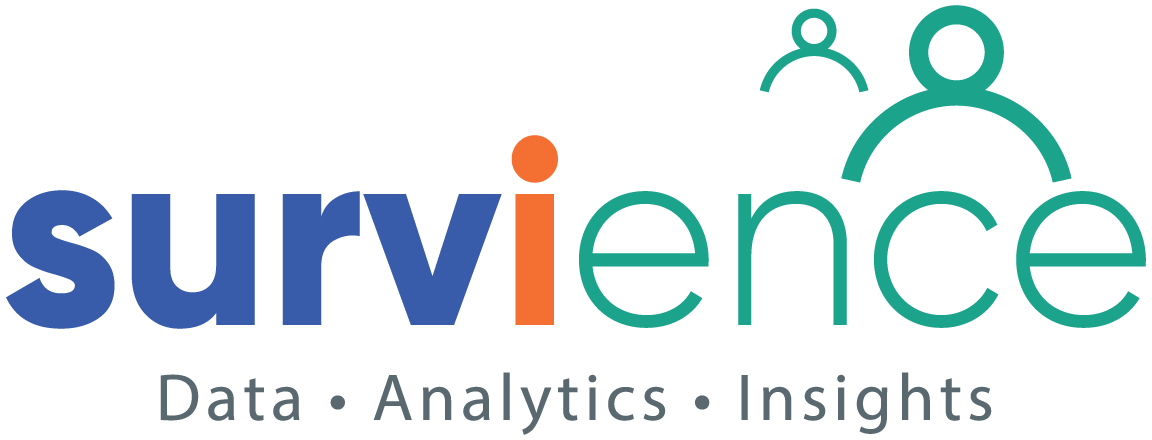Understanding Payors, Managed Care, and Titles in the Healthcare Industry:
A Comprehensive Guide
- #Health insurance
- #Health plan administrators
- #Healthcare delivery
- #Healthcare financing
- #Managed care
- #Medical directors
- #Payors
- #Pharmacy directors
- #Third-party administrators
Prev Post






Leave A Comment